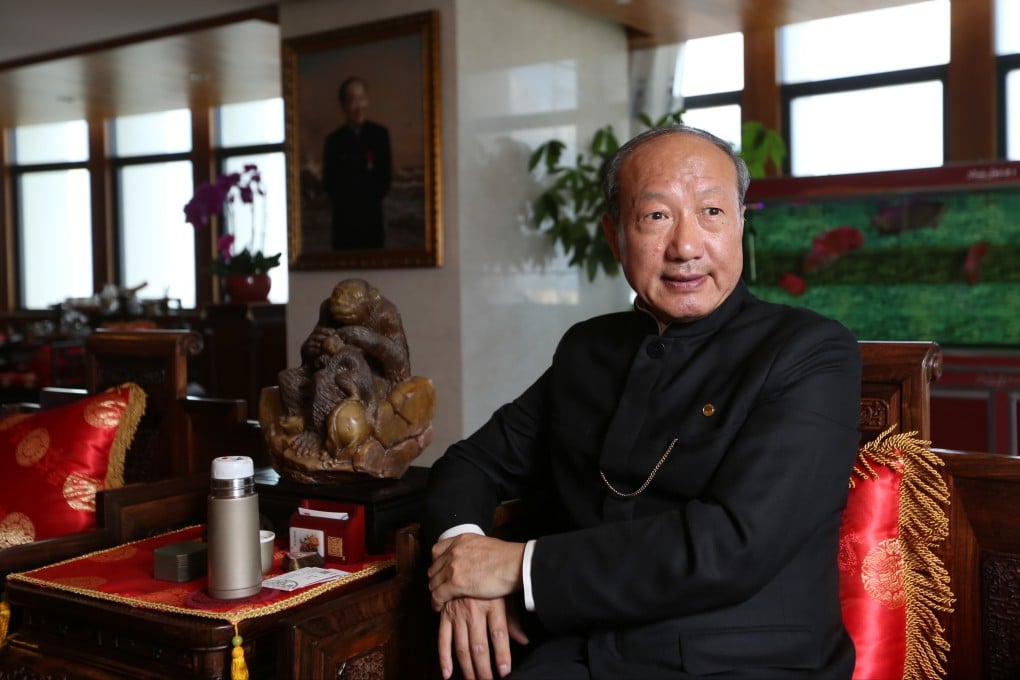Police detain HNA’s founder Chen Feng, CEO Adam Tan days after breaking one of China’s biggest conglomerates into four units
- HNA Group’s founder Chen Feng and chief executive Adam Tan Xiangdong have been detained by police, the company said
- The bankruptcy restructuring of HNA Group is proceeding in a stable and orderly manner, the company said

Two top executives of HNA Group have been detained by China’s police, days after one of the country’s largest private conglomerates was broken down into four separate businesses following its bankruptcy restructuring.
HNA’s founder and former chairman Chen Feng, and the former chief executive Adam Tan Xiangdong have been detained by police on “suspected crimes,” the group said in a statement in its official WeChat account. “HNA Group and its member enterprises are operating in a stable and orderly manner. The [company’s] bankruptcy restructuring is going smoothly and its production and operations have not been affected.”
The detentions bring the curtains down on HNA, built on the foundations of China’s most successful private carrier Hainan Airlines.
With a handful of aircraft, the carrier – with an early investment from the American financier George Soros – quickly built a business flying holiday makers and Russian tourists from China’s frigid north to the country’s sole tropical island, long regarded as “China’s Hawaii” for its beaches, azure waters and holiday resorts.

Over three decades, HNA ballooned from a regional airline into one of China’s largest private enterprises and most profligate asset buyers. Much of the growth, fuelled by bank borrowings, took place after 2010 when Chen set the goal for HNA to make it among the Fortune 100 companies, ranked by assets.